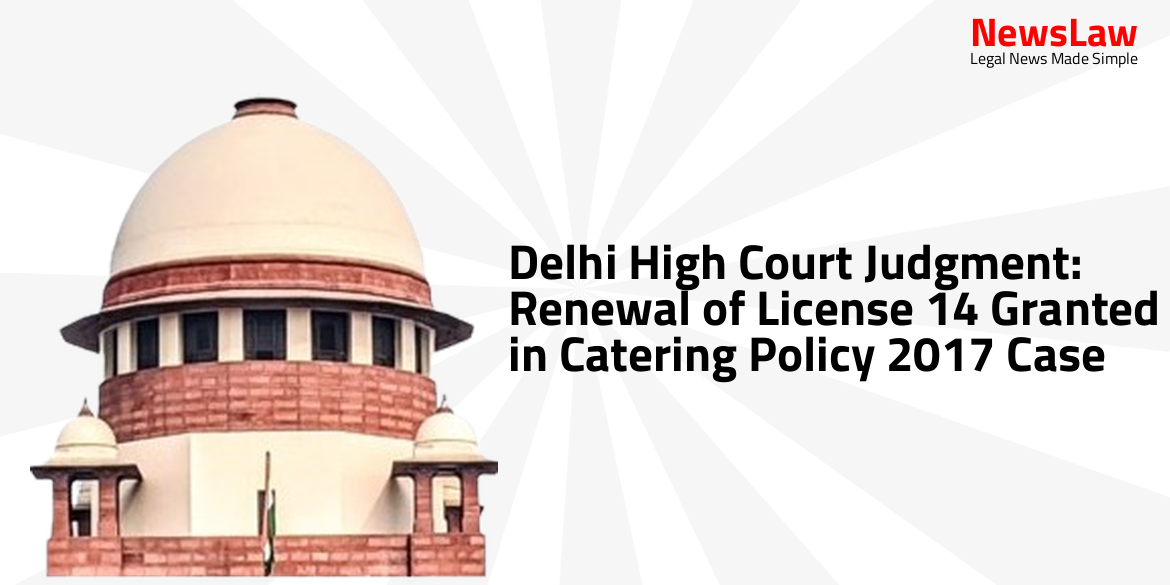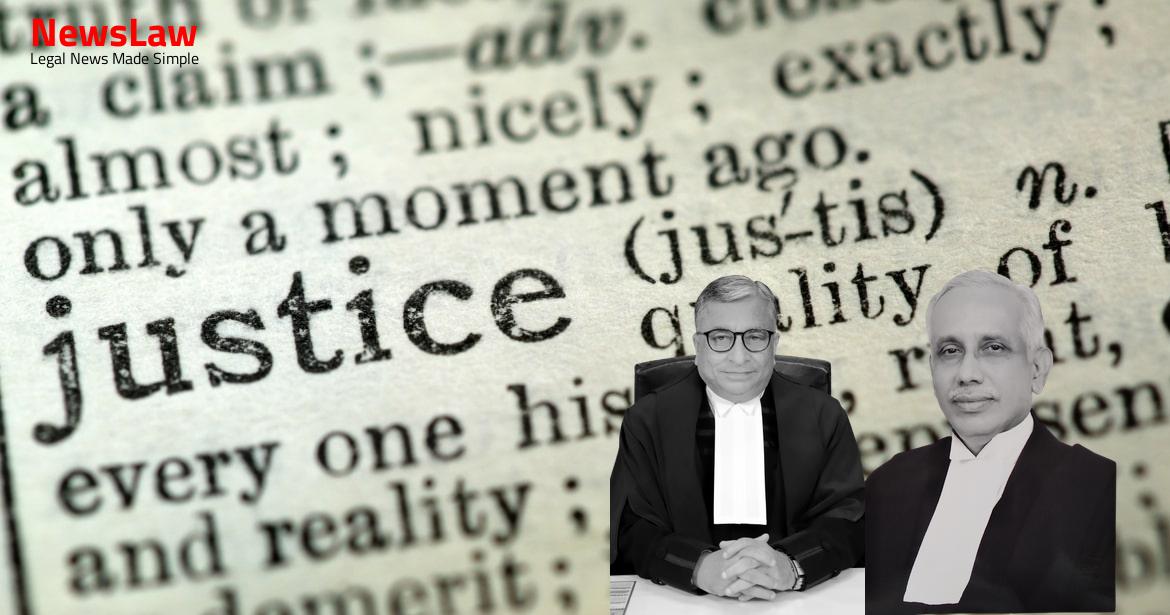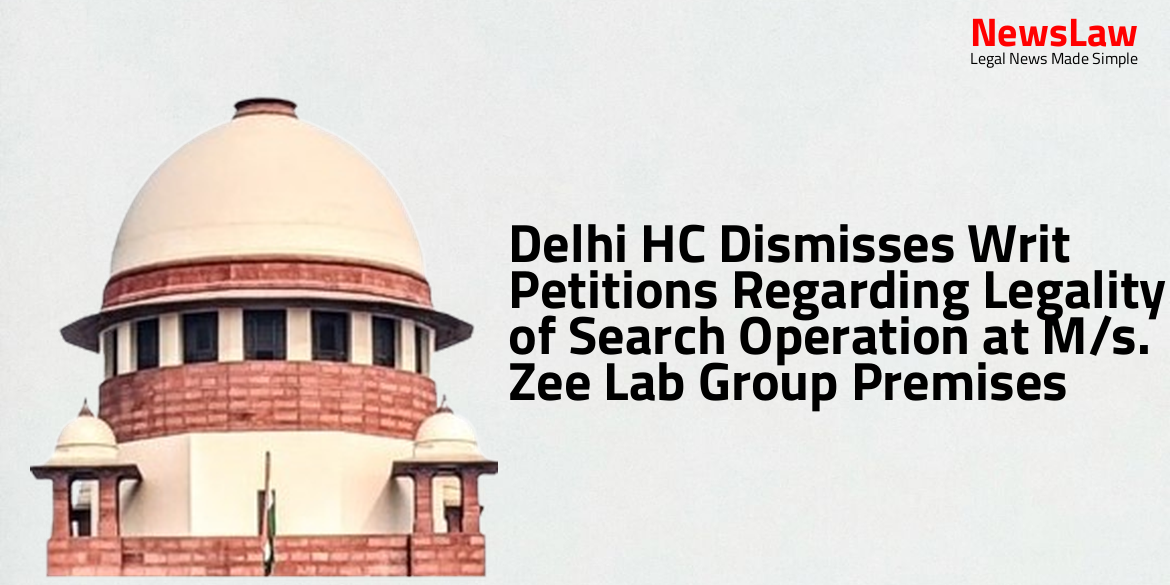In a significant judgment by the Delhi High Court, the renewal of License 14 in the Catering Policy 2017 case has been granted. This decision comes after a thorough consideration of the arguments put forth by the petitioners challenging Clause 11 of the Catering Policy 2017. Stay tuned to discover the details of the court’s ruling and its impact on the involved parties.
Arguments
- The petitioners contend that Clause 11 of the Catering Policy 2017 violates Articles 14, 19(1)(g), and 21 of the Constitution by denying the right of license renewal and forcing existing licensees to compete with larger entities.
- They rely on legal precedents such as Olga Tellis v. Bombay Municipal Corpn., Consumer Education & Research Centre v. Union of India, South Central Railways case, and Vendors Cooperative Society v. Union Of India to support their argument.
- The petitioners allege that they signed the license agreement under coercion, economic duress, and due to the power imbalance between the vendors/petitioners and the railways.
Analysis
- The jurisdiction of the court to entertain the writ petitions challenging Clause 11 of the Catering Policy 2017.
- The courts have the authority to declare laws unconstitutional.
- The implementation of Force Majeure clause in catering and vending contracts due to lockdown.
- The importance of dispute resolution clauses in contracts.
- Consideration of whether the court has territorial jurisdiction to entertain the writ petitions.
- The implications of granting perpetual renewal of licenses and its impact on equality of opportunity.
- The reservation percentages for various categories in allotment of catering units.
- The revocability of licenses by the grantor as per law.
- The need for negotiation and novation of contracts between parties.
- The court’s stance on mandating renewal of licenses against the terms of the Catering Policy 2017.
- The reservation percentages and sub-quotas for various categories in allotment of catering units.
- Public bodies’ limitations in arbitrarily declining license renewals.
- Requirement for pleading precise nature of undue influence or coercion in contract matters.
- Application of past policy relaxations as not guaranteeing future entitlements.
- The Court’s decision on territorial jurisdiction for a writ petition is based on the averments in the petition, regardless of their truth.
- The challenge in the petition pertains to paragraph 1744 of the Indian Railways Commercial Manual issued by the Railway Board.
- The petition argues that paragraph 1744 violates specific sections of the Railways Act, 1989.
- The doctrine of estoppel by election is discussed as a rule of equity.
- Breach or threat to breach a fundamental right is necessary for a writ of Mandamus to be issued.
- Judicial review of policy decisions is distinguished from mandamus to frame policy.
- The doctrine of election is based on estoppel, preventing a person from asserting contradictory rights.
- The argument of being compelled to accept tenure conditions due to unequal bargaining power is rejected.
- Contracts, whether by State or private parties, involve commercial transactions with their own terms.
- The validity of a policy decision is challenged only if it infringes fundamental or statutory rights.
- Mutual rights and liabilities in contracts between the State and individuals are governed by contract terms and laws.
- There is no guarantee of profit in State contracts, and the courts do not provide warranties against losses.
- Participants in tenders voluntarily enter into contracts based on their scrutiny of the tender requirements.
- A party cannot be inconsistent in their actions, such as blowing hot and cold or approbating and reprobating.
- Tender participation involves a willingness to offer, which leads to a contract upon acceptance by the State.
- In exceptional cases, a writ may be issued for enforcement of equitable rights.
- Individual license agreement and Catering Policy 2017 contain an arbitration clause for grievances related to insufficiency of extension or damages.
- Petitioners can invoke the arbitration clause if aggrieved.
- Court finds no merit in the petitions and dismisses them.
- Petitioners granted 3 months to vacate catering units for transition to alternative vending arrangements.
- Petitioners must pay the usual license fee during this period.
- All pending applications are disposed of.
Decision
- The present petitions are considered maintainable.
- Renewal of License 14 is granted.
Case Title: SMT. SMITA S. KUSHWAHA Vs. UNION OF INDIA & ORS. (2024:DHC:4476)
Case Number: W.P.(C)-7479/2024



